Community: The Secret to Stopping Deforestation in Guatemala
The forest concessions of the Maya Biosphere Reserve have boasted a near-zero deforestation rate for 20 years.... Continue Reading
Home / Issues / Forests & Biodiversity / Deforestation
Tropical forests absorb more carbon than any other kind of forest. They also provide shelter, food, and livelihoods to millions of Indigenous and local people, while housing two-thirds of the world’s biodiversity. But we are losing them at an alarming pace (mostly to agriculture): In 2019, we lost a football pitch of tropical forest every six seconds. Stopping deforestation and forest degradation in the tropics is critical to the survival of humanity.
This page features information about the Rainforest Alliance's work to stop tropical deforestation and links to all our related content and resources.
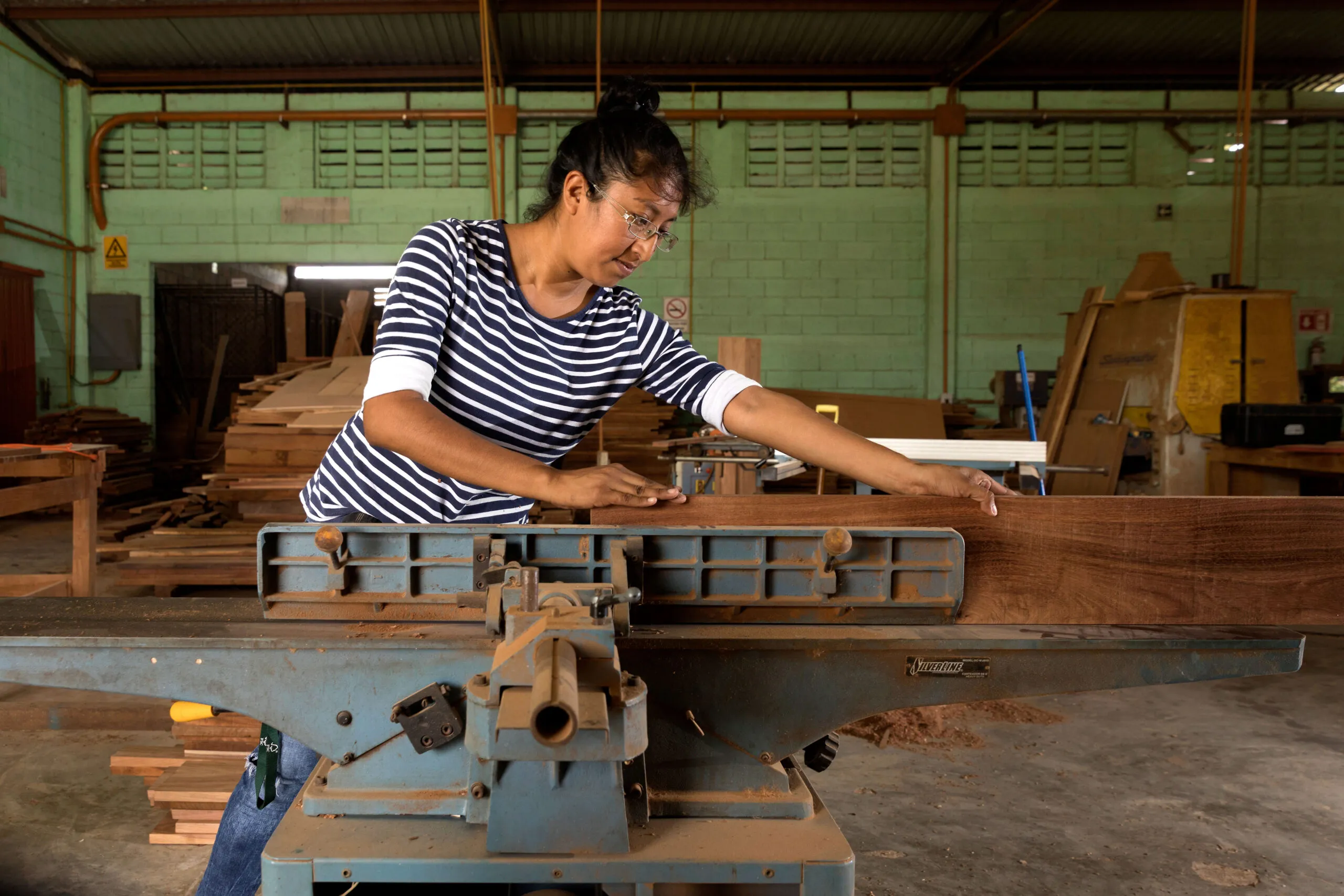
Stopping deforestation in the tropics has been at the heart of the Rainforest Alliance’s mission since its founding more than 35 years ago. Working with companies, civil society organizations, and local governments—all while centering the voices of the rural communities we partner with—we promote community forestry and regenerative agriculture throughout the tropics. Our decades of experience have demonstrated that these are the most effective strategies to keep forests standing and restore biodiversity.
This paper outlines our principles and strategies for stopping deforestation (and other forms of ecosystem conversion) in vulnerable tropical regions.
Learn how joining our Forest Allies community of practice will help your company have a greater impact on forests.
World Resources Institute (WRI) estimates the extent to which seven commodities—oil palm, soy, cattle, plantation wood fiber, cocoa, coffee, and plantation rubber—are replacing forests, and maps their impacts.
This Rights and Resources Initiative report examines the potential of community rights-based conservation to prevent biodiversity collapse.
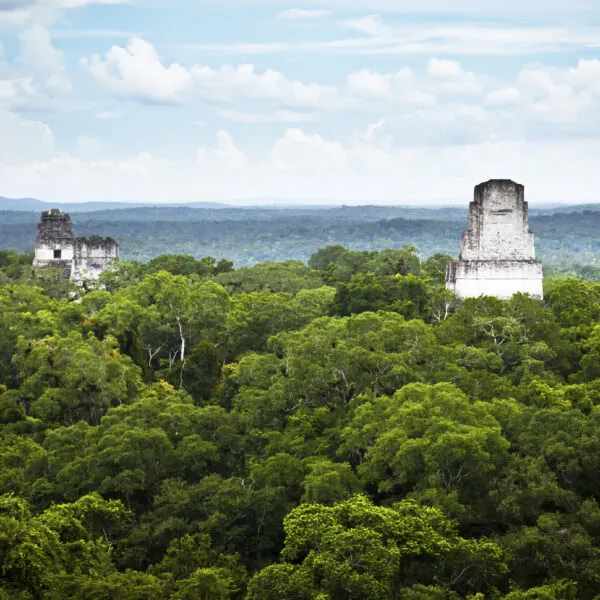
The forest concessions of the Maya Biosphere Reserve have boasted a near-zero deforestation rate for 20 years.... Continue Reading
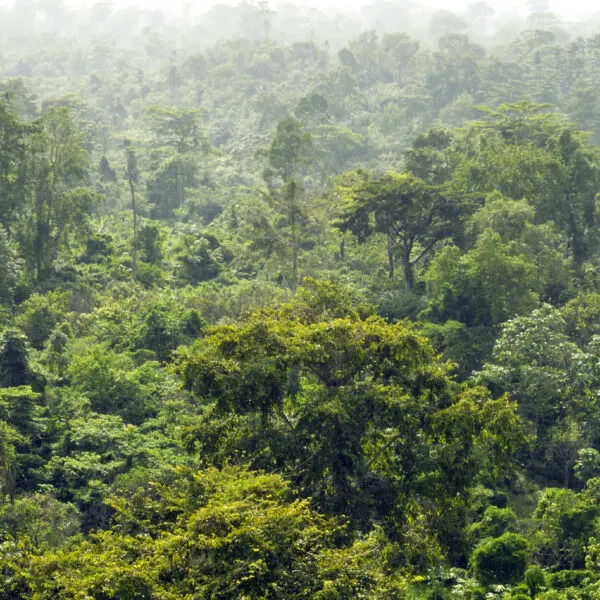
Community-led landscape management is the best long-term solution to environmental and social challenges.... Continue Reading
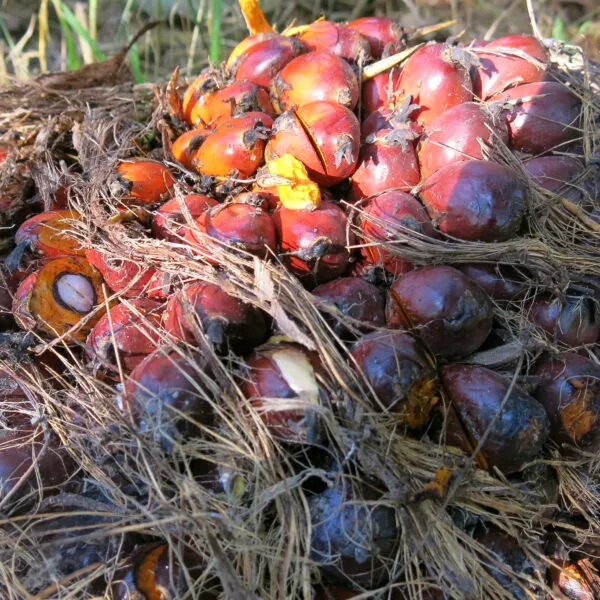
Since 2018, the Rainforest Alliance has been working in the Sintang District of West Kalimantan to promote an Integrated Landscape Management approach around oil palm and natural rubber production.... Continue Reading
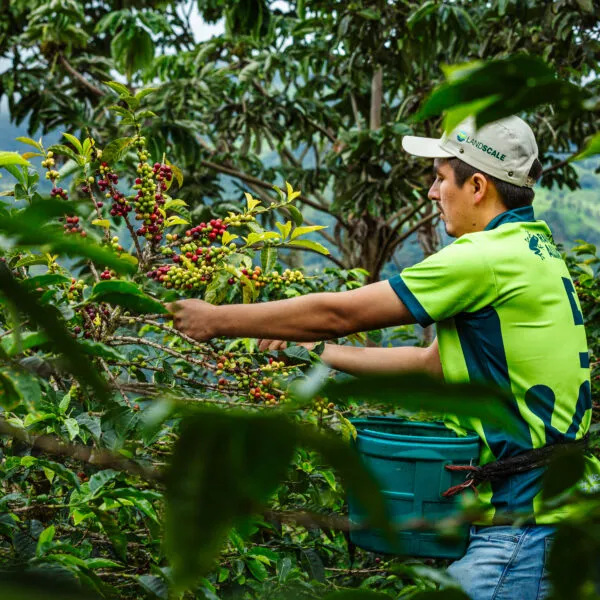
Through this initiative, the Rainforest Alliance will work with several organizations to address global environmental challenges associated with commodity-driven deforestation in some of the world’s most important tropical ecosystems and sourcing regions.... Continue Reading
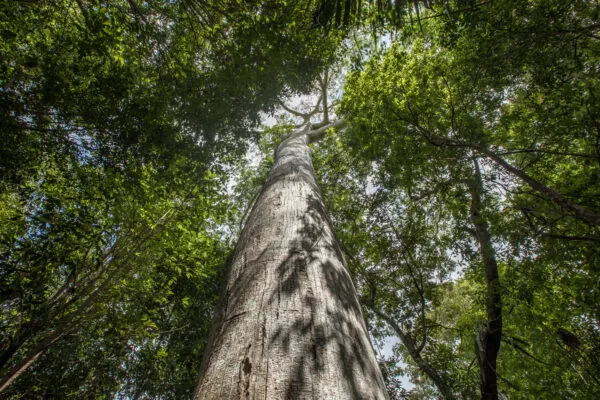
We asked Celia Harvey and Duncan Williamson, our climate experts, for their insights from the most recent COP and to weigh in on the state of global climate action as we head into the second half of this decade.... Continue Reading
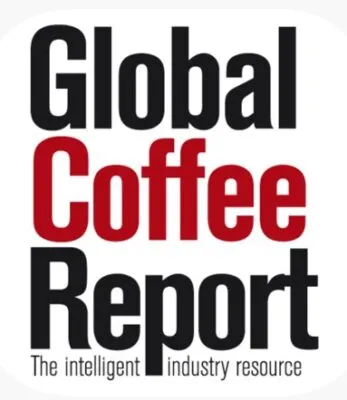
In an interview for Global Coffee Report, Fanny Gauttier, Public Affairs Lead at the Rainforest Alliance, outlines the consequences of the delay to the EU Deforestation Regulation deadline.
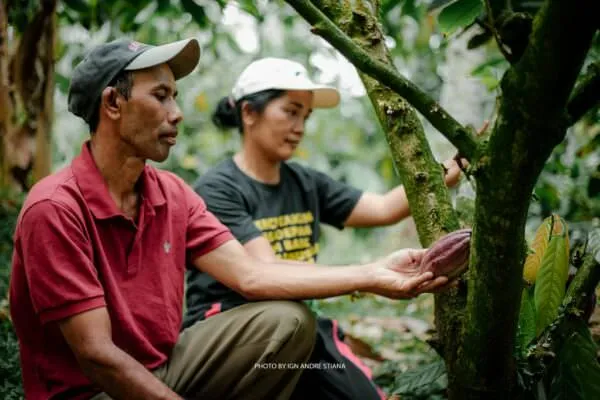
Find out how our systems and offerings are primed to help certified cocoa and coffee supply chain partners show compliance with EUDR requirements.... Continue Reading
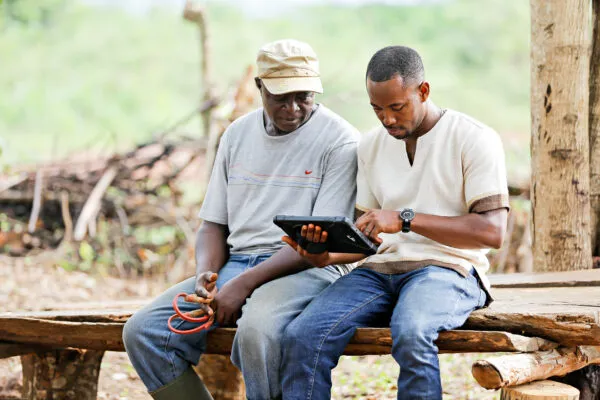
In order to support your EUDR compliance efforts, the Rainforest Alliance will soon launch our Deforestation Risk Assessment Tool in September 2024. Learn all about the tool in this explainer article.... Continue Reading
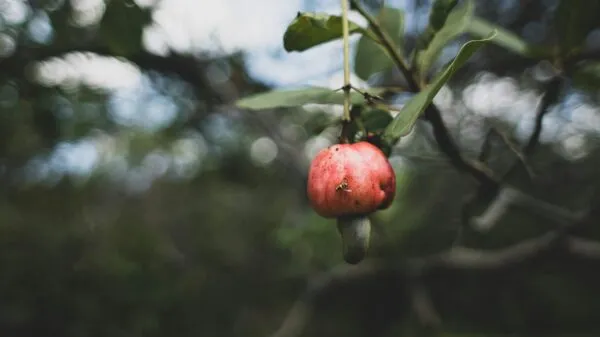
The Rainforest Alliance is working to make cashew farming more sustainable by addressing challenges like deforestation, poor working conditions, and low farmer incomes through certification, sustainable practices, traceability, and supply chain improvements.... Continue Reading

Rainforest Alliance experts Kerry Daroci and Fanny Gauttier weigh in on the EU's proposed 12-month delay of its regulation on deforestation-free products (EUDR) and its implications for companies' compliance progress.
"*" indicates required fields
Thank you for your interest in partnering with the Rainforest Alliance! We collaborate with brands, businesses, and creators committed to sustainability, helping them drive impact while strengthening their brand.
Fill out the form below to explore cause marketing partnership opportunities. The more details you provide, the better we can align on a collaboration that helps create meaningful change.
Let’s make a difference for people and nature together!
"*" indicates required fields
"*" indicates required fields
"*" indicates required fields
Notifications